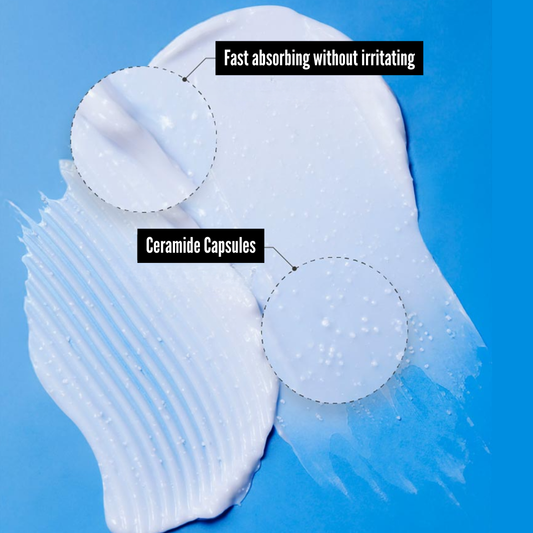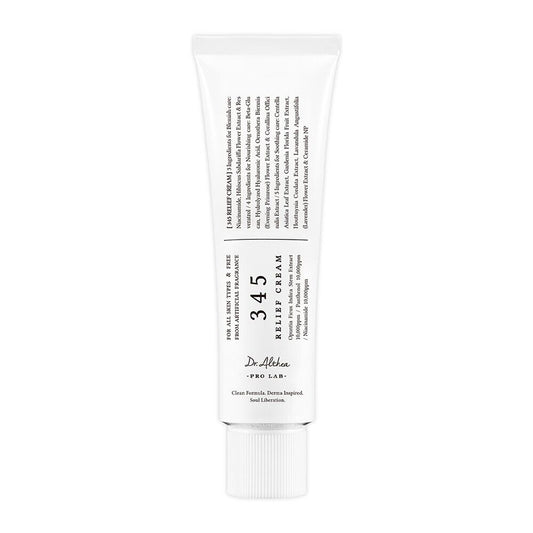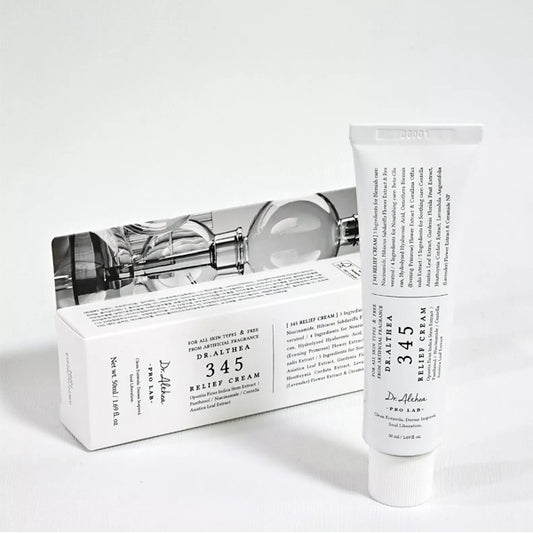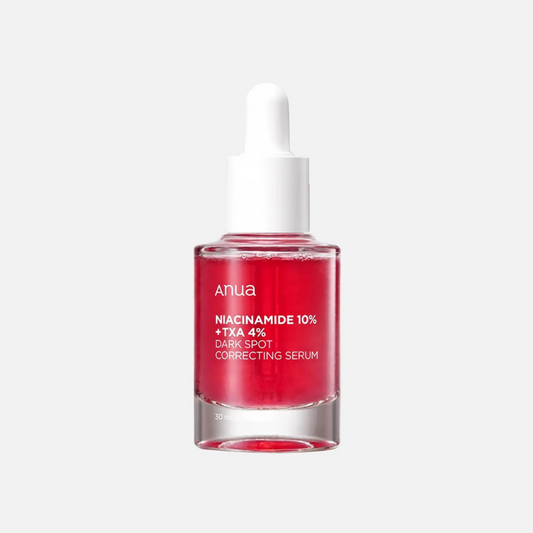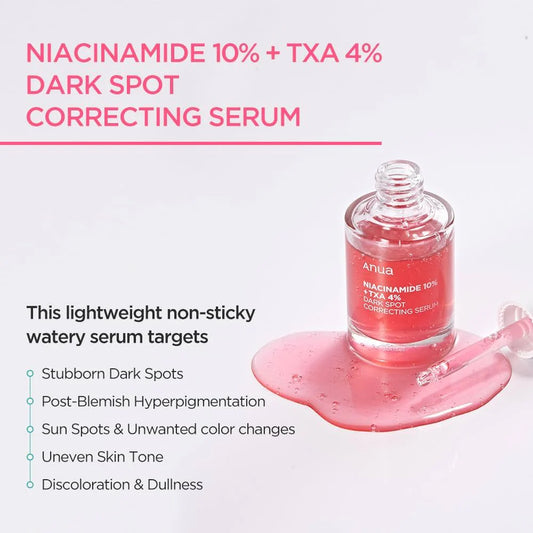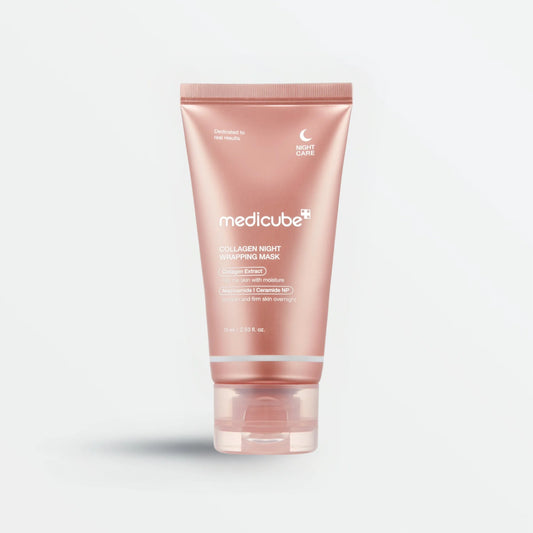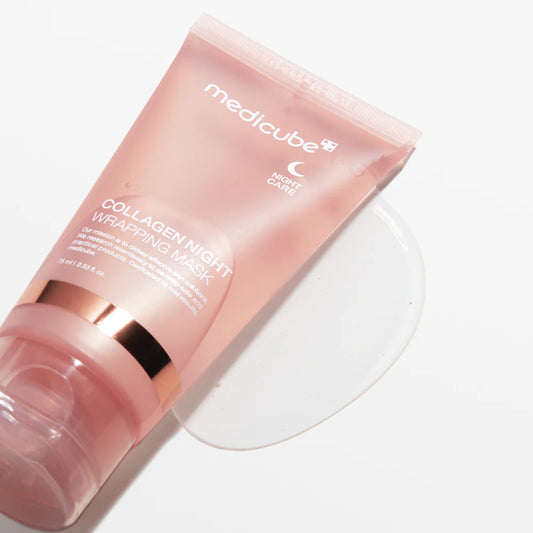
What Are the Benefits of Vitamin C for Your Skin?
Share
It’s no secret that vitamin C is good for us. It’s always been encouraged of us to ensure that our vitamin C intake is at an optimal level, as vitamin C can protect against immune system deficiencies, cardiovascular disease, prenatal health problems, eye disease, and more. Vitamin C is also known as ascorbic acid, which is the name of a skincare project you may recognize. It’s been touted as one of the best anti-aging products in the world of skincare, and apparently, it can help you maintain smooth, wrinkle-free skin.
You may be wondering why you’d need to use it on your skin when you’re likely getting enough vitamin C in your diet. Consuming vitamin C, however, doesn’t guarantee that it’ll go to your skin; just like working out, there’s no spot-training when it comes to vitamin C consumption. This is why serums and other items that you can apply topically are the best methods of acquiring vitamin C.
What is Vitamin C anyway?
Vitamin C is talked about all the time, but what is it, and why is it so important?
Vitamin C is an acid. When applied to skin, vitamin C triggers the skin to heal itself through accelerating the process of collagen and elastin creation (the two naturally-occurring proteins in your body that keep your skin firm). According to dermatologist Patricia Wexler, vitamin C is a “potent antioxidant.” Antioxidants help to prevent or reduce damage to cells through neutralizing the production of free radicals, which break down collagen and elastin.
As an antioxidant, vitamin C aids in skin’s natural regeneration process and helps your body repair skin cells that have been damaged. This may sound familiar to you - antioxidant foods like berries and dark chocolate are important to include in our diets as they help fight off free radicals, potentially protecting you from heart disease, cancer, and other diseases.
When applied topically, antioxidants work to neutralize UV damage and exposure to pollution, things that our skin encounters on a daily basis. Through keeping our skin cells healthy, antioxidants help to promote healthier skin and help to keep premature aging away. And just like the antioxidants you consume in order to protect yourself from such diseases as cancer, topical vitamin C may help protect your skin from precancerous changes that are caused by UV exposure.
Vitamin C also features a property that inhibits the production of melanin, the naturally occurring component that causes skin discoloration (dark spots, hyperpigmentation). If incorporated into your skincare routine early enough in your life, it can prevent discoloration from happening altogether, or at least brighten existing brown spots.
Finally, vitamin C serum also has an anti-inflammatory property, which has shown to help reduce redness, and, for some, acne.
How do I use vitamin C?
The answer isn’t smashing up vitamin C tablets and rubbing it on your skin. What you’re looking for is called ascorbic acid (aka L-ascorbic acid)—the most stable and effective form of vitamin C—and the best format in which it comes is serum. They’re more effective when compared to creams. Its effectiveness also increases when you use it in conjunction with another antioxidant, like vitamin E. Because of this, you’ll often find serums that feature both vitamins.
Vitamin C serum is very easy to use, just like other serums. But before you apply it to your face, be sure to test the product out to ensure that you aren’t allergic. Select a small patch of skin that you can easily conceal, apply a small amount of vitamin C serum to the area, and wait for 24 hours. If you develop any sort of reaction like redness, a rash, or hives, discontinue use. If not, though, continue to use following the instructions as per the serum bottle’s label.
Vitamin C serum—which should come in a dark or opaque bottle to prevent oxidation—is often applied once or twice a day after you wash your face and tone. Follow serum with moisturizer.
Keep in mind that less is more sometimes. When it comes to concentration, there is a sweet spot. Look for vitamin C serum that’s between 10 and 20 percent. Anything over 20 percent will likely be too strong and may cause irritation.


